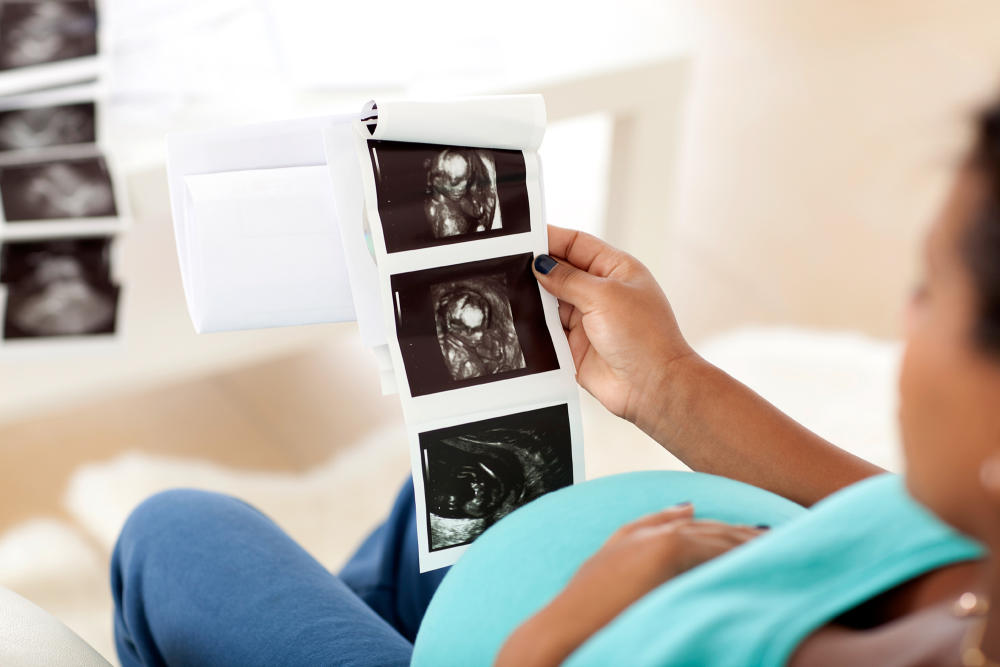-
Tips for becoming a good boxer - November 6, 2020
-
7 expert tips for making your hens night a memorable one - November 6, 2020
-
5 reasons to host your Christmas party on a cruise boat - November 6, 2020
-
What to do when you’re charged with a crime - November 6, 2020
-
Should you get one or multiple dogs? Here’s all you need to know - November 3, 2020
-
A Guide: How to Build Your Very Own Magic Mirror - February 14, 2019
-
Our Top Inspirational Baseball Stars - November 24, 2018
-
Five Tech Tools That Will Help You Turn Your Blog into a Business - November 24, 2018
-
How to Indulge on Vacation without Expanding Your Waist - November 9, 2018
-
5 Strategies for Businesses to Appeal to Today’s Increasingly Mobile-Crazed Customers - November 9, 2018
Some SSRIs may raise birth defects risk when taken early in pregnancy
Researchers from the Centers for Disease Control have weighed in on the debate about the use of a class of antidepressants known as SSRIs during pregnancy and birth defects, confirming a link with a few but not others.
Advertisement
The link between antidepressants and birth defects has been confirmed in some SSRIs (selective serotonin reuptake inhibitors), but not in all of them.
The research focused on women who took citalopram, escitalopram, fluoxetine (Prozac), paroxetine or sertraline at least once between the month leading up to conception and the third month of pregnancy.
The study found that women who take Paxil and Prozac in the first trimester of pregnancy may be more at risk for having a baby with birth defects.
Their analysis included 17,952 mothers of infants with birth defects and 9,857 mothers of infants without birth defects, born between 1997 and 2009. A child might be born with heart defects or abdominal wall defects, as well as brain and skull defects.
Even though this was an association study, and it doesn’t prove that the medications caused the birth problems.
However, Dr. Erwin urges pregnant mothers to keep in mind that the increased risk for birth defects while taking these medications is still very small.
Researchers say more research is needed to help women and doctors to make more informed decisions about treatment.
According to the U.S. Department of Health and Human Services, around 13% of pregnant women and new mothers experience depression.
This is a reassuring finding since around 40 percent of women who said they used an antidepressant in early pregnancy were prescribed Zoloft, the researchers point out.
They stress that though their analysis hints at the validity of associations that were observed previously, the increase in the absolute risks, if the associations are causal, is small.
“This study is useful in terms of trying to nail down more precisely risks associated with specific drugs and specific birth defects”, said Christina Chambers, a professor of pediatrics at the University of California, San Diego.
Sertraline (Zoloft): No increased risk of birth defects.
The associations could not be explained by other factors that influence the risk of birth defects, such as the mother’s ethnicity, education, smoking status and body-mass index.
The drugs paroxetine (Paxil) and fluoxetine (Prozac) did appear to be associated with higher rates of a few birth defects related to the development of the fetus’s heart or stomach.
Reefhuis also cautioned that it’s not certain that antidepressants directly boost the risk of birth defects. Zoloft, made by pharmaceutical giant Pfizer, is the subject of a major lawsuit over charges of birth defect.
For example the absolute risks in the children of women who are treated with paroxetine early in pregnancy would increase for anencephaly from 2 per 10,000 to 7 per 10,000, and for one of the heart defects from 10 per 10,000 to 24 per 10,000.
Advertisement
The best way to scientifically determine a causal association between a drug and an adverse outcome is to run a controlled randomised trial with one group receiving the drug and a similar group not receiving it. But it’s ethically not appropriate to do this with pregnant women.





























